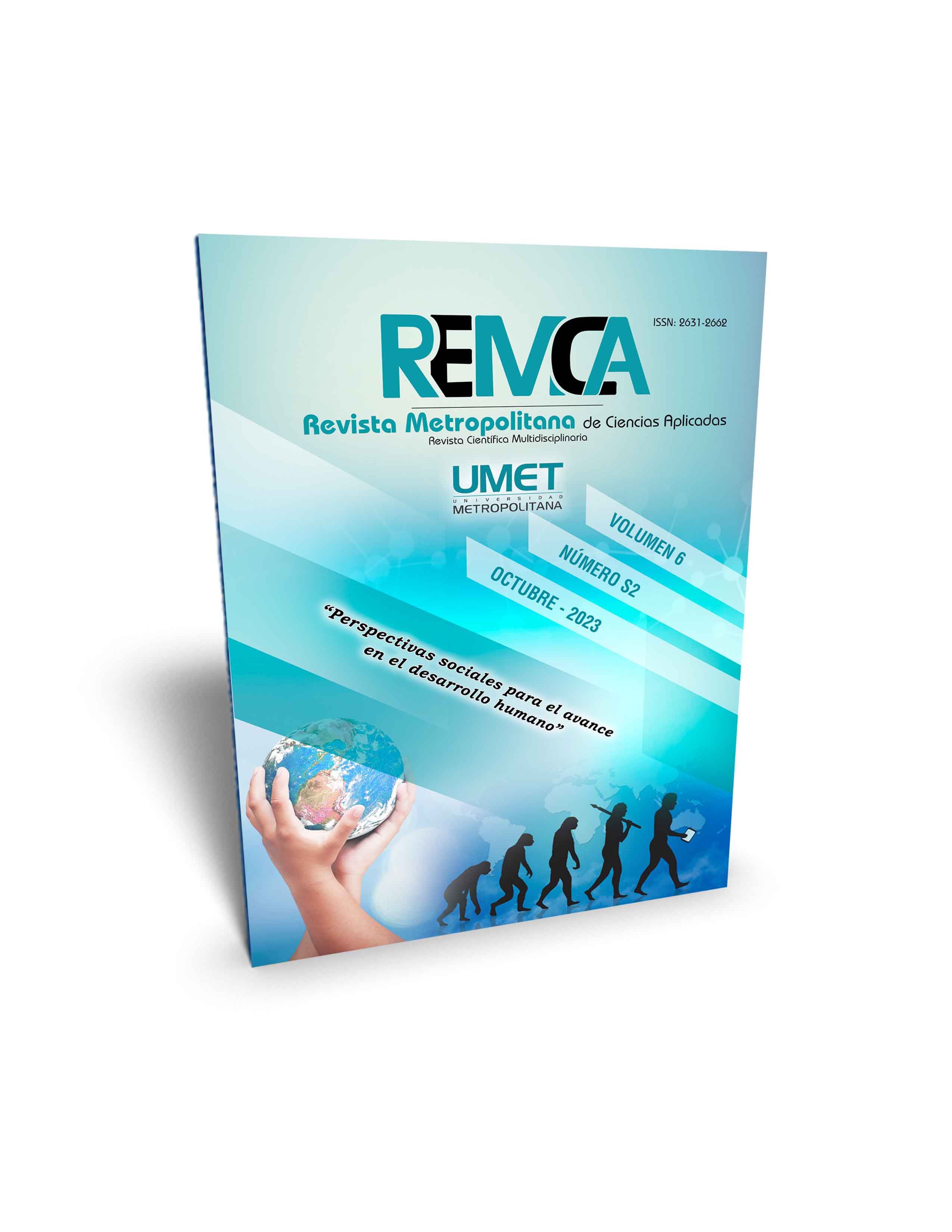Oral history and teaching history through a case study
DOI:
https://doi.org/10.62452/ja5q7w82Keywords:
Oral history, historiography, historical memory, migration, history of the presentAbstract
The present work is based on the main ideas that were constituted since the twentieth century, which brought with it an important historiographical revolution that has transcended to this day, resulting in new ways of making history. As researchers of the social sciences in general, this revolution in the world of history gave us options to systematize deepen in areas little studied or investigated as traditions and historical memory have been. In the twenty-first century and with a world that is increasingly globalized, the identity and wisdom of our nations is threatened by stigmas and rules Anglo-Saxons or Eurocentrists. It is in this context that oral traditions constitute an essential tool for researchers, in order to preserve historical memory so that it lasts for future generations. Much has been written about the dialectical relationship between orality and history, but much has yet to be applied. Application that must be translated into concrete field studies that are based on the interaction with the protagonists of events that today because of new trends or policies are being rewritten or told in different different ways. With the aim of illustrating the use of oral history and its role in the recovery of the memory of peoples, we propose examples where its use has been central. We also note that the dividing line between oral history and the history of the present is very thin, both having a complementary role in the work of the historian.
Downloads
References
Burke, P. (1994). La Revolución Historiográfica Francesa. La Escuela de los Annales (1929-1984). Gedisa
Burke, P., & Gil Aristu, J. L. (1994). Formas de hacer historia (1. reimpr). Alianza Ed.
Fernández, E. (2019). Historia oral e historia de género en el aula de historia actual. Universidad del País Vasco.
González, E. (1986). La historia oral, instrumento de análisis social: Algunas aportaciones recientes. C.S.I.C.
James, D., & Wolfson, L. (1987). 17 y 18 de octubre de 1945: El peronismo, la protesta de masas y la clase obrera Argentina. Desarrollo Económico, 27(107), 445.
Levi, P. (1988). I sommersi e i salvati (Los hundidos y los salvados). El Aleph.
Sitio oficial del Gobierno de los Estados Unidos. (2022). Registro de la Oficina de Aduanas y proteccion fronteriza. http://www.usa.gov/es
Downloads
Published
Issue
Section
License
Copyright (c) 2023 Carlos Máximo Leyva-Zaldívar, Celia del Carmen Hernández-Arias (Autor/a)

This work is licensed under a Creative Commons Attribution-NonCommercial-ShareAlike 4.0 International License.
Authors who publish in Revista Metropolitana de Ciencias Aplicadas (REMCA), agree to the following terms:
1. Copyright
Authors retain unrestricted copyright to their work. Authors grant the journal the right of first publication. To this end, they assign the journal non-exclusive exploitation rights (reproduction, distribution, public communication, and transformation). Authors may enter into additional agreements for the non-exclusive distribution of the version of the work published in the journal, provided that acknowledgment of its initial publication in this journal is given.
© The authors.
2. License
The articles are published in the journal under the Creative Commons Attribution-NonCommercial-ShareAlike 4.0 International License (CC BY-NC-SA 4.0). The terms can be found at: https://creativecommons.org/licenses/by-nc-sa/4.0/deed.en
This license allows:
- Sharing: Copying and redistributing the material in any medium or format.
- Adapting: Remixing, transforming, and building upon the material.
Under the following terms:
- Attribution: You must give appropriate credit, provide a link to the license, and indicate if any changes were made. You may do this in any reasonable manner, but not in any way that suggests the licensor endorses or sponsors your use.
- NonCommercial: You may not use the material for commercial purposes.
- ShareAlike: If you remix, transform, or build upon the material, you must distribute your creation under the same license as the original work.
There are no additional restrictions. You may not apply legal terms or technological measures that legally restrict others from doing anything the license permits.




